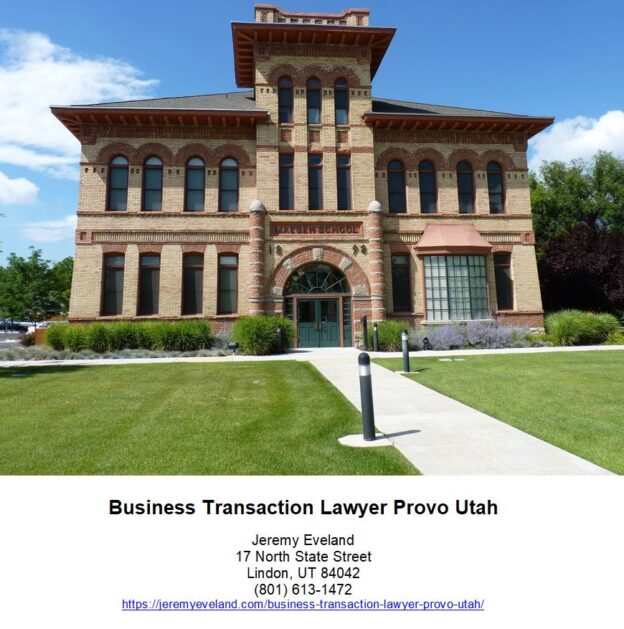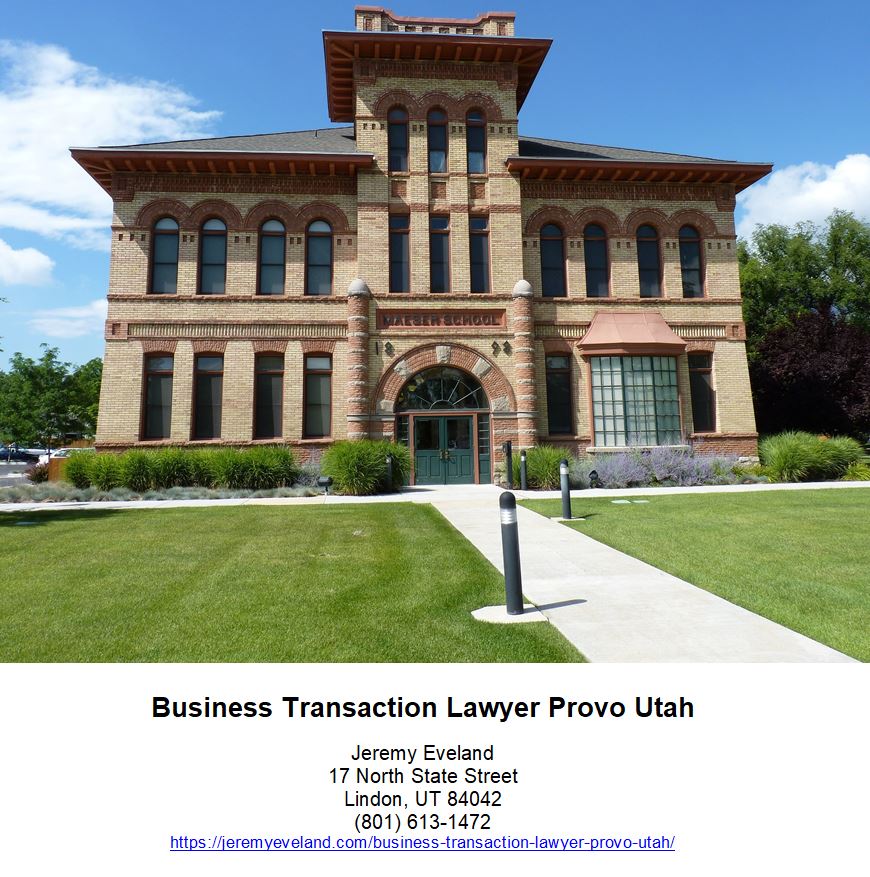-
Legal Topics
- Introduction
- How to Choose the Right Company Lawyer for Your Business
- The Benefits of Having a Company Lawyer on Retainer
- Understanding the Different Types of Company Lawyers
- The Role of a Company Lawyer in Mergers and Acquisitions
- Navigating the Complexities of Company Law: Tips from an Experienced Company Lawyer
- Q&A
“Company Lawyer: Your Trusted Legal Partner for Business Success”
Introduction
Company Lawyer is a legal professional who specializes in providing legal advice and services to businesses. They are responsible for ensuring that businesses comply with all applicable laws and regulations, as well as providing legal advice on a variety of business matters. Company Lawyers are knowledgeable in areas such as corporate law, contract law, intellectual property law, and labor law. They are also experienced in providing legal advice on mergers and acquisitions, corporate restructuring, and other business transactions. Company Lawyers are essential to the success of any business, as they provide the legal guidance and protection needed to ensure that businesses operate within the law.
How to Choose the Right Company Lawyer for Your Business
Choosing the right company lawyer for your business is an important decision that can have a significant impact on the success of your venture. A good lawyer can provide invaluable advice and guidance on a range of legal matters, from contract negotiations to dispute resolution. Here are some tips to help you select the right company lawyer for your business.
1. Consider Your Needs: Before you start your search for a company lawyer, it is important to consider your business’s legal needs. Think about the types of legal services you require, such as contract drafting, dispute resolution, or intellectual property protection. This will help you narrow down your search and ensure that you find a lawyer who is experienced in the areas you need.
2. Research Potential Candidates: Once you have identified your legal needs, it is time to start researching potential candidates. Look for lawyers who specialize in the areas you need and have a good reputation. Check out online reviews and ask for referrals from other business owners.
3. Interview Candidates: Once you have identified a few potential candidates, it is important to interview them to ensure they are the right fit for your business. Ask questions about their experience, qualifications, and fees. Make sure you feel comfortable with the lawyer and that they understand your business’s needs.
4. Check References: Before making a final decision, it is important to check references. Ask the lawyer for a list of past clients and contact them to get an idea of their experience working with the lawyer. This will help you get a better understanding of the lawyer’s skills and abilities.
Choosing the right company lawyer for your business is an important decision that can have a significant impact on the success of your venture. By following these tips, you can ensure that you select the right lawyer for your business’s needs.
The Benefits of Having a Company Lawyer on Retainer
Having a company lawyer on retainer can be a great asset to any business. A lawyer on retainer is a lawyer who is available to provide legal advice and services to a company on an ongoing basis. This arrangement can be beneficial to both the company and the lawyer.
For the company, having a lawyer on retainer can provide a number of advantages. First, it can save the company money in the long run. By having a lawyer on retainer, the company can avoid the costs associated with hiring a lawyer for each individual legal issue that arises. This can be especially beneficial for small businesses that may not have the resources to hire a lawyer for every legal issue.
Second, having a lawyer on retainer can provide the company with access to legal advice and services on an ongoing basis. This can be especially helpful for companies that are dealing with complex legal issues or that are facing a lawsuit. Having a lawyer on retainer can provide the company with the legal advice and services it needs to navigate the legal system and protect its interests.
Third, having a lawyer on retainer can provide the company with peace of mind. Knowing that a lawyer is available to provide legal advice and services can help the company feel more secure and confident in its legal decisions.
For the lawyer, having a company on retainer can provide a number of advantages as well. First, it can provide the lawyer with a steady stream of income. This can be especially beneficial for lawyers who are just starting out or who are looking to supplement their income.
Second, having a company on retainer can provide the lawyer with a steady stream of clients. This can be beneficial for lawyers who are looking to build their client base and establish a reputation in the legal community.
Finally, having a company on retainer can provide the lawyer with an opportunity to build a relationship with the company. This can be beneficial for both the lawyer and the company, as it can help the lawyer better understand the company’s needs and provide the company with legal advice and services tailored to its specific needs.
Overall, having a company lawyer on retainer can be a great asset to any business. It can provide the company with access to legal advice and services on an ongoing basis, save the company money in the long run, and provide the lawyer with a steady stream of income and clients.
Understanding the Different Types of Company Lawyers
Company lawyers are an important part of any business. They provide legal advice and guidance to ensure that the company is operating within the law. There are several different types of company lawyers, each with their own unique set of skills and expertise. Understanding the different types of company lawyers can help you choose the right one for your business.
The first type of company lawyer is a corporate lawyer. Corporate lawyers specialize in corporate law, which covers a wide range of topics such as mergers and acquisitions, corporate governance, and securities law. Corporate lawyers are responsible for ensuring that the company is in compliance with all applicable laws and regulations.
The second type of company lawyer is a contract lawyer. Contract lawyers specialize in drafting, reviewing, and negotiating contracts. They are responsible for ensuring that the terms of the contract are fair and legally binding.
The third type of company lawyer is an intellectual property lawyer. Intellectual property lawyers specialize in protecting the company’s intellectual property, such as patents, trademarks, and copyrights. They are responsible for ensuring that the company’s intellectual property is not infringed upon by others.
The fourth type of company lawyer is a labor and employment lawyer. Labor and employment lawyers specialize in labor and employment law, which covers topics such as wages, benefits, and workplace safety. They are responsible for ensuring that the company is in compliance with all applicable labor and employment laws.
The fifth type of company lawyer is a tax lawyer. Tax lawyers specialize in tax law, which covers topics such as filing taxes, tax planning, and tax disputes. They are responsible for ensuring that the company is in compliance with all applicable tax laws.
Finally, the sixth type of company lawyer is a litigation lawyer. Litigation lawyers specialize in litigation, which covers topics such as civil lawsuits, criminal cases, and appeals. They are responsible for representing the company in court and ensuring that the company’s legal rights are protected.
Understanding the different types of company lawyers can help you choose the right one for your business. Each type of lawyer has their own unique set of skills and expertise, so it is important to choose the one that best fits your needs.
The Role of a Company Lawyer in Mergers and Acquisitions
A company lawyer plays a critical role in mergers and acquisitions (M&A). The lawyer is responsible for providing legal advice and guidance to the company throughout the entire M&A process. This includes providing advice on the structure of the transaction, negotiating the terms of the deal, and ensuring that all legal requirements are met.
The lawyer’s role begins with the initial stages of the M&A process. They will review the company’s legal documents and advise on any potential legal issues that may arise. They will also review the proposed terms of the transaction and advise on any potential risks or liabilities. The lawyer will also provide advice on the structure of the transaction, such as whether it should be structured as a merger, acquisition, or joint venture.
Once the terms of the transaction have been agreed upon, the lawyer will draft the necessary legal documents. This includes the purchase agreement, which outlines the terms of the transaction, as well as any other documents required to complete the transaction. The lawyer will also review the documents to ensure that they are legally sound and that all legal requirements are met.
The lawyer will also be responsible for negotiating the terms of the transaction. This includes negotiating the purchase price, the terms of the financing, and any other terms that may be necessary to complete the transaction. The lawyer will also be responsible for ensuring that all parties are in agreement with the terms of the transaction.
Finally, the lawyer will be responsible for ensuring that all legal requirements are met throughout the entire M&A process. This includes ensuring that all regulatory requirements are met, such as filing the necessary documents with the relevant government agencies. The lawyer will also be responsible for ensuring that all parties are in compliance with the terms of the transaction.
In summary, a company lawyer plays a critical role in mergers and acquisitions. They are responsible for providing legal advice and guidance throughout the entire process, from the initial stages to the completion of the transaction. They are also responsible for negotiating the terms of the transaction and ensuring that all legal requirements are met.
Navigating the Complexities of Company Law: Tips from an Experienced Company Lawyer
As a company lawyer, I understand the complexities of company law and the challenges that business owners face when navigating the legal system. In this article, I will provide some tips to help business owners better understand and manage their legal obligations.
1. Understand the Basics of Company Law: Before you can effectively manage your legal obligations, it is important to understand the basics of company law. This includes understanding the different types of companies, the legal requirements for each type, and the different types of contracts and agreements that are used in business.
2. Hire an Experienced Company Lawyer: It is important to hire an experienced company lawyer who can provide you with the legal advice and guidance you need. An experienced lawyer can help you understand the legal requirements of your business and ensure that you are in compliance with the law.
3. Stay Up to Date on Changes in Company Law: Company law is constantly changing, so it is important to stay up to date on any changes that may affect your business. Your lawyer can help you stay informed of any changes in the law and advise you on how to best comply with them.
4. Know Your Rights and Responsibilities: As a business owner, it is important to understand your rights and responsibilities under company law. Your lawyer can help you understand your rights and responsibilities and ensure that you are in compliance with the law.
5. Keep Good Records: Good record keeping is essential for any business. Keeping accurate records of all transactions and agreements can help you avoid legal issues in the future.
By following these tips, you can better understand and manage your legal obligations under company law. An experienced company lawyer can provide you with the legal advice and guidance you need to ensure that your business is in compliance with the law.
Q&A
1. What is a company lawyer?
A company lawyer is a lawyer who specializes in corporate law and provides legal advice to companies and their officers.
2. What types of services do company lawyers provide?
Company lawyers provide a variety of services, including drafting and reviewing contracts, advising on corporate governance matters, providing legal advice on mergers and acquisitions, and representing companies in court.
3. What qualifications do company lawyers need?
Company lawyers must have a law degree and be licensed to practice law in the jurisdiction in which they work.
4. How much do company lawyers charge?
Company lawyers typically charge an hourly rate for their services, which can range from $350 to $900 per hour.
5. What are the benefits of hiring a company lawyer?
Hiring a company lawyer can help protect a company’s interests by providing legal advice and representation in court. A company lawyer can also help a company navigate the complexities of corporate law and ensure that the company is in compliance with applicable laws and regulations.
Company Lawyer Consultation
When you need help from a Company Lawyer call Jeremy D. Eveland, MBA, JD (801) 613-1472 for a consultation.
Jeremy Eveland
17 North State Street
Lindon UT 84042
(801) 613-1472
Related Posts
Estate Planning Lawyer West Valley City Utah
Business Contract Lawyer Spanish Fork
Corporate Attorney Riverton Utah
Advantages of Hiring a Utah Personal Injury Lawyer


























